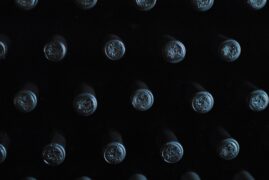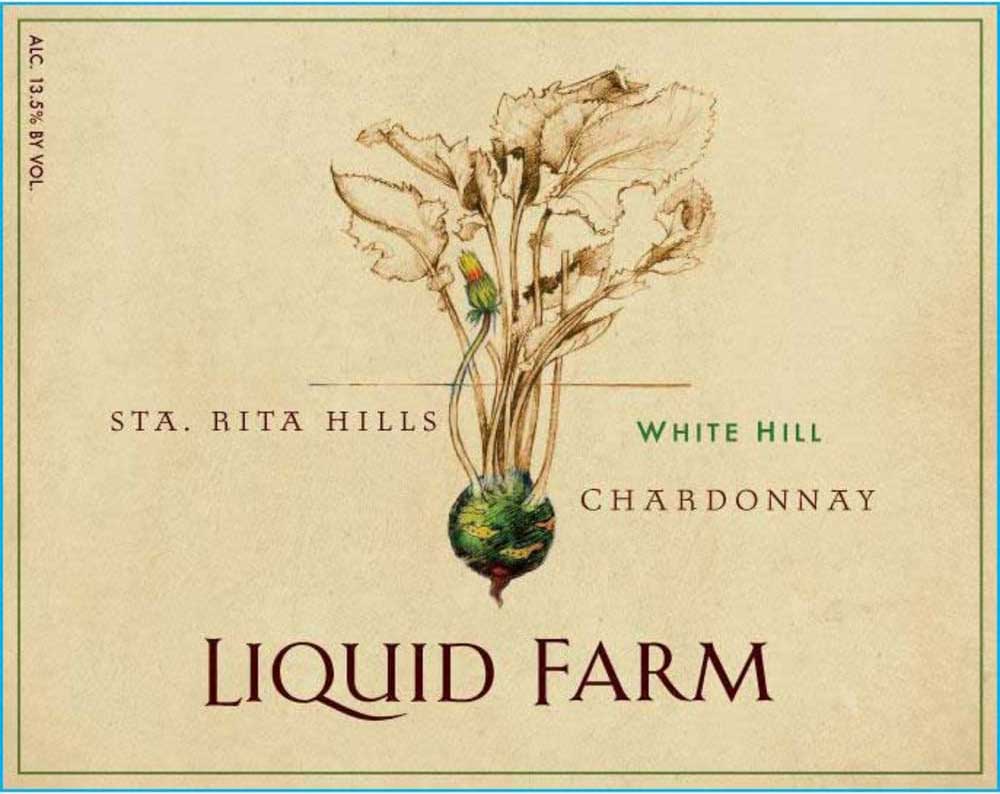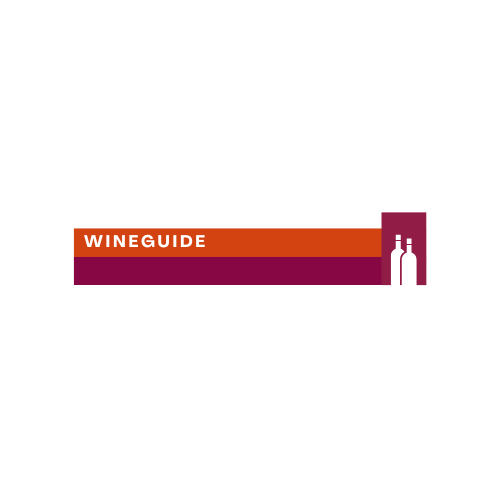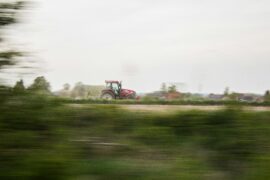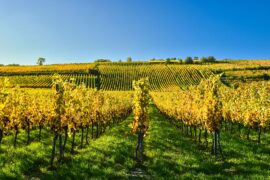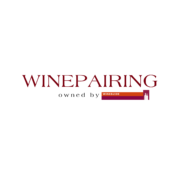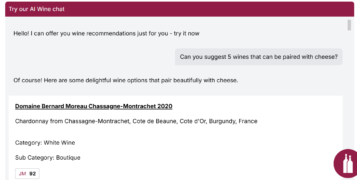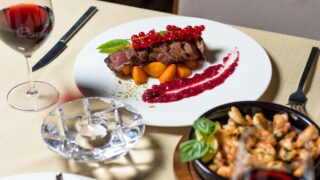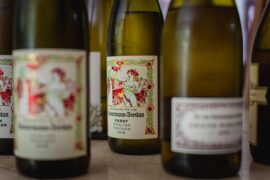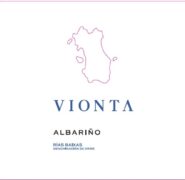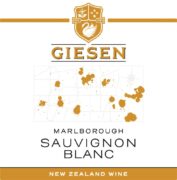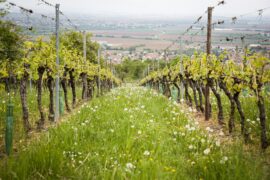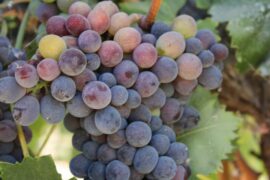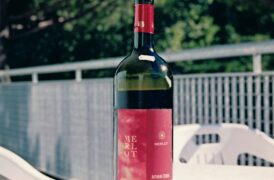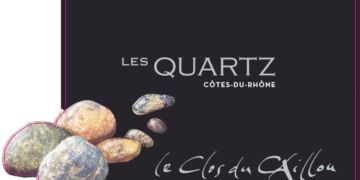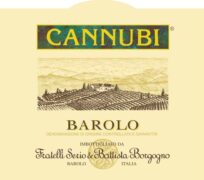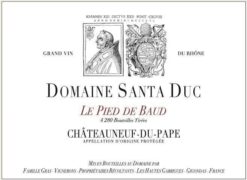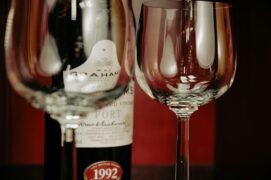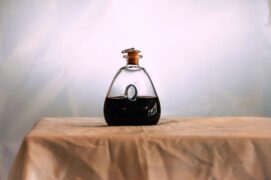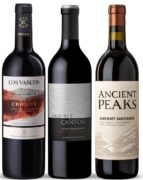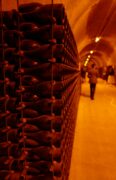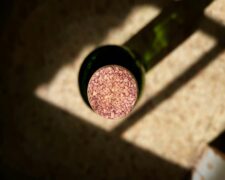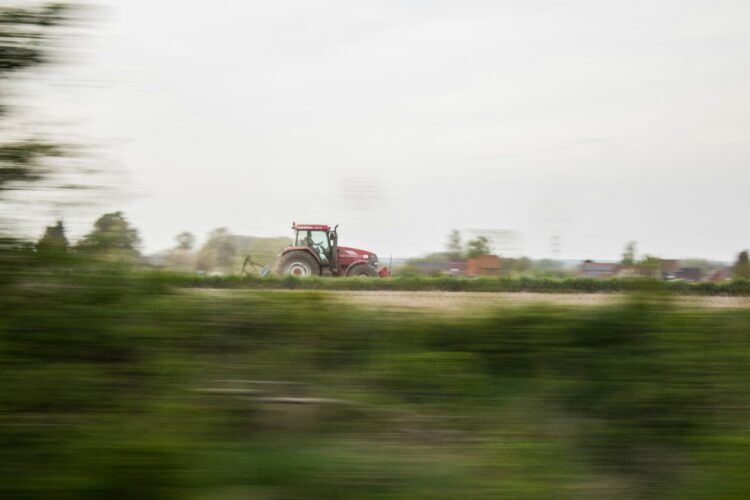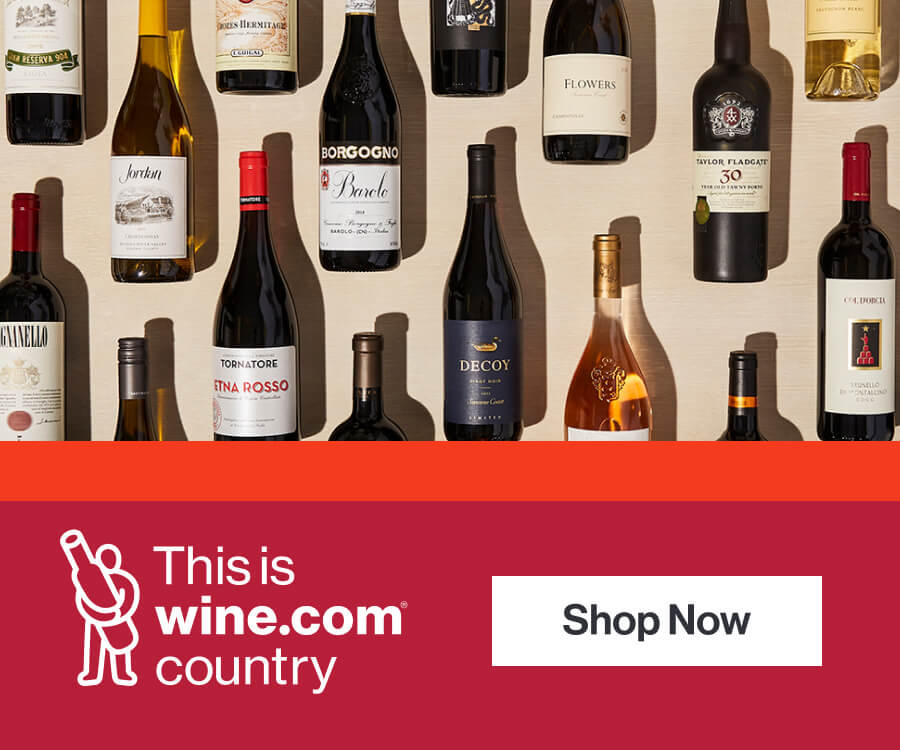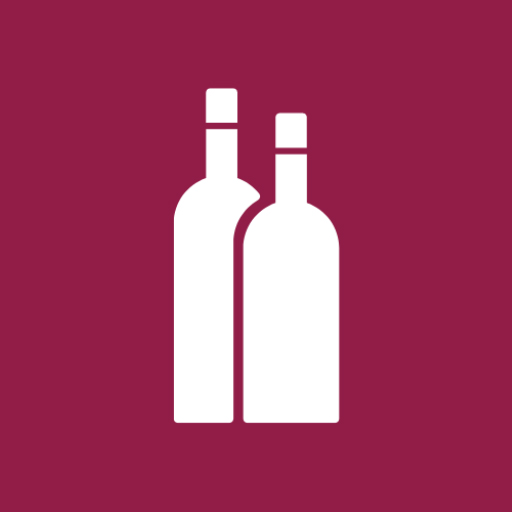This week, the big news in the wine world was the revelation that Hollywood actor Denzel Washington formerly drank two bottles of top wine daily while not working on films.
The Equalizer actor (currently on tour promoting the Gladiator II film) told Esquire magazine that his wine drinking would sometimes see him pop the cork on $4000 bottles “just because that’s what was left”.
The habit began, he said, after the house he bought with his wife Pauletta in 1999 came with the 10,000-bottle wine cellar. “I learned to drink the best […] I’m gonna drink my ’61s and my ’82s and whatever we had,” he said. The actor stopped drinking in 2014, saying the excessive consumption “did a lot of damage” to his body.
Meanwhile, here are some of the other wine-related headlines you might have missed this week:
Demostrations spread in southern France
In a replay of scenes seen just over one year ago (see “Tensions rise in southern France” in Threat Claims in Winemaker Libel Saga from 22 October 2023), disgruntled winegrowers in the south of France blockaded a toll station on the Spanish border, stopping wine tankers and, in this instance, emptying two tankers of white wine destined for an unnamed Burgundy négociant operation.
Once again, the demonstrators are angry that French wine producers are not supporting homegrown grapes, primarily due to the higher costs of production in France, versus those in countries like Spain.
“We’re pulling up our vines and they’re selling their wines over here,” one exasperated winegrower told regional newspaper L’Indépendant at the blockade on Tuesday. Last year, a truckfull of Freixenet Cava was smashed while another tanker was also emptied onto the tarmac.
The winegrowers (and agricultural workers) were also protesting against the so-called Mercosur free trade agreement with South America. One of the direct consequences, they say, will be an influx of cheap, bulk wine from that continent, further putting pressure on producers at home.
The blockade was one of a number of protests which occurred across southern France on Tuesday, with slurry sprayed across the offices of the Agricultural Social Security offices in Agen and manure and tyres dumped outside the regional government buildings in Rodez. Farmers’ union Coordination Rurale has threatened to block food supplies (one spokesperson said the group would “paralyze and starve Toulouse”) entering the country from Spain.
Spanish politicians slam French protest
“Once again, Spanish producers pay the price for the wrath of French farmers,” Spanish Socialist MEP Cristina Maestre said this week in response to the motorway blockade and emptying of Spanish wine tankers by French winegrowers.
Maestre, who also sits on the European Parliament’s Agriculture and Rural Development Committee, called for a the return of law and order at the border and immediate compensation for the losses incurred by Spanish businesses.
Given the protests were also against France’s Mercosur free trade agreement with South America, Maestre also asked why it was that there were no protests at ports of entry for Mercosur products.
Maestra, and counterpart Rosa Serrano, who sits on the EU’s Committee on Transport and Tourism, also demanded that Brussels ensured the free movement of goods within the EU and that “neither the goods transported nor the safety of drivers were put at risk”.
Rhône protestors to the rescue
As if the continued protests in the south of France did not already contain enough drama, one group of angry winegrowers took on the role of good samaritans this week after a blind woman found herself trapped on a major road near Châteauneuf-du-Pape on Monday evening.
The winegrowers had descended on a newly opened Aldi supermarket on the outskirts of Bagnols-sur-Cèze on Monday evening to protest at the cut-price Côtes du Rhône wines being sold at the store (one banner read “[€]1.99 Côtes du Rhône […] you’re killing us!!”). However, at around 11pm the group was distracted by the sound of a car horn and shouting.
According to regional publication TV Sud Magazine, a young blind woman and her guide dog had become disoriented and wandered into oncoming traffic on the busy N580 road opposite the store.
“[The protestors] quickly set up a roadblock to shield the young woman and her dog and, after ensuring she had regained her bearings they accompanied her back to her abode safe and sound, ” said the publication.
Cahors turns to bubbles
Winemakers in the struggling South West France region of Cahors are turning to sparkling wine production in a bid to revive the flagging sales of the appellation, traditionally known for its Malbec-based red wines.
“This phenomenon started before there were problems in the region,” Armand de Gérard, the head of maketing and communication at the Cahors wine trade body, the UIVC, told regional newspaper La Dépêche this week. “Producers were already in the process of trying new products and trying to diversify their range. Bubbles and white wines respond to a growing demand so, in a certain way, it’s a solution.
While the newspaper said one or two cuvées of sparkling wine were being released annually, production and sales nevertheless remain small. For instance, sparkling wines make up only 10 percent of production at Clos Troteligotte – an organic and biodynamic estate in the region – with winemaker Emmanuel Rybinski admitting that, while sparkling production in the pétillant naturel style is not raking in the cash, it is a welcome addition to the range.
“It’s not in the [regional] culture or traditions” Rybinski added. The winemaker is currently in his fourth year of sparkling production.
According to Armand de Gérard, the number of sparkling wine producers in the region is now into double figures and, alongside Clos Troteligotte, includes the likes of Château de Chambert, Clos Triguedina, Domaine Le Vent des Jours, Château Famaey, Château Eugénie, Clos du Chêne, Mas del Périé, Domaine la Calmette (which makes a red pétillant naturel from the region’s calling card Malbec) and Maison Georges Vigouroux.
Cariñena named European City of Wine
The eastern Spanish wine region of Cariñena has been named European City of Wine 2025. The region announced its candidacy – alongside fellow Spanish region of Requena earlier this year (see “Cariñena, Requena bid for European City of Wine 2025” in Argentina’s Malbec Drag Race).
The region, which lies close to the Aragonese city of Zaragoza was granted the title this week by EU organization RECEVIN (“Red Europea de Ciudades del Vino”, or European Network of Wine Cities).
The initiative promotes a certain wine region every year from its 11-member organisation, which covers Germany, Austria, Bulgaria, Slovenia, Spain, France, Greece, Hungary, Italy, Portugal and Serbia. This year’s City of Wine title spanned Alto Piemonte and Gran Monferrato in northern Italy.
Wine sale for struggling producers
The Confederation Paysanne farmworkers union has set up a wine sale to help struggling winegrowers in Beaujolais wine area. Despite the high press coverage surrounding the Beaujolais Nouveau release on Thursday, the region has had a tough 2024 vintage.
“Between January and April, 350mm of rain fell in Beaujolais – twice the average rainfall,” said regional broadcaster France 3. “Lots of water and high temperatures: ideal conditions for diseases such as mildew.”
According to the report, one biodynamic producer – Simon Pérot – in southern Beaujolais had a “catastrophic” season, losing 80 percent of his crop to frost and the high rainfall. His livelihood is under threat.
In order to help producers like Pérot, the Confederation Paysanne union has revived the wine sale format, previously used during the Covid-19 lockdown periods to help winegrowers generate revenue.
In all, 18 estates across the Beaujolais, the Aîn, the Ardèche and the Drôme regions (all within the wider Auvergne-Rhône-Alpes region) are taking part. Almost all the participating estates are putting up a six-bottle mixed case of wines, often for around €100, although some cases are as low as €75.
“The Confederation Paysanne wants to uphold a rumunerative, rural viticulture, resiliant to the fluctuations of climate and to encourage new winemakers to get established,” said the union.
The sale is due to run until December 10.

